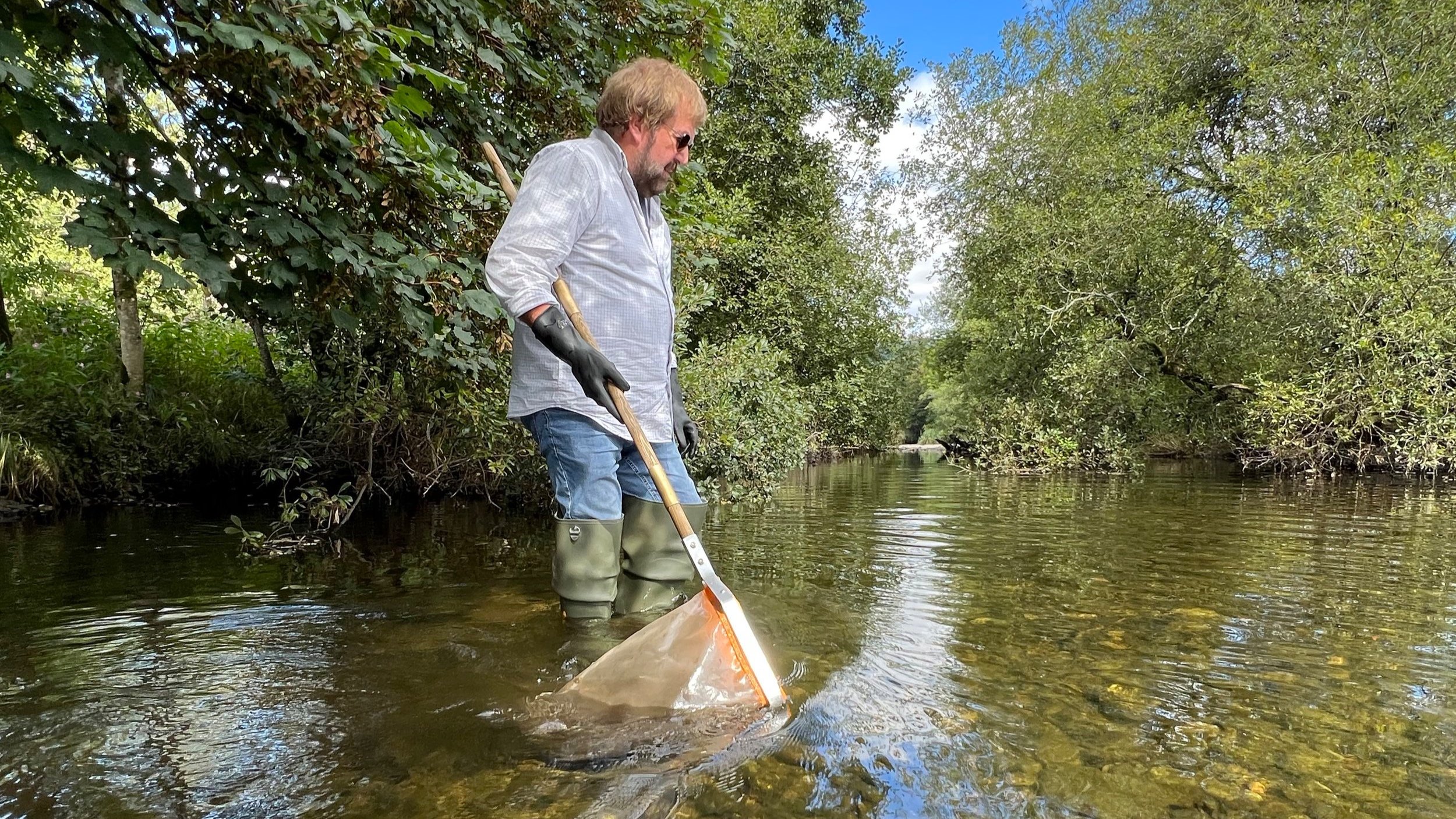New Report: Invertebrate Sampling programme finds shocking declines in species below United Utilities assets
We are thrilled to unveil the annual summary of our primary data collection initiative conducted in collaboration with WildFish. Although we are appalled by the findings.
The Smart Rivers project came to fruition as we were determined to quantify the true extent of damage being done by United Utilities’ to the freshwater ecology of the rivers flowing into Windermere.
To achieve this we examine invertebrates, the most reliable biological indicators, enabling us to assess chronic impacts on the riverine ecosystems surrounding Windermere. Invertebrates, present in the river year-round and with limited mobility, serve as a barometer for any pollutants entering the river. Samples are collected both above and below known discharge points, and the results are compared to determine any adverse impacts on these invertebrates, including declines in pollutant-sensitive riverfly species and changes in abundance and diversity. Additionally, chemical pollution pressures are assessed following the collection of the samples, which are taken via a three-minute kick-sweep sample in line with the Environment Agency’s own protocol.
The inaugural year of data collection and analysis, spearheaded by Dr. Nick Everall and Dr. Sam Green, has revealed profoundly concerning findings in the Windermere catchment during the spring and autumn of 2023.
Notably, the abundance of pollution-sensitive riverfly species was found to be significantly diminished below United Utilities’ wastewater treatment works when compared to upstream locations.
The starkest evidence of this was on the River Rothay, Cunsey Beck and Wilfin Beck:
Average 64% reduction on the River Rothay below Ambleside WwTW’s storm overflow pipe.
Average 76% reduction on Cunsey Beck below Near Sawrey WwTW.
Average 75% reduction on Wilfin Beck below Far Sawrey WwTW.
In some cases, as few as 2 invertebrates were found below United Utilities’ assets whilst hundreds were found upstream of the works.
Dr Nick Everall, Director of Acquascience Consultancy Ltd and former Principal Biologist at Severn Trent Water, conducting kick-sweep sample on River Rothay.
These results once again reaffirm Save Windermere's stance and demonstrate that the Environment Agency’s regulation and monitoring of United Utilities is inadequate.
Furthermore, it proves that United Utilities’ assets are actively having an adverse impact on the freshwater ecology of Windermere and its rivers.
This is the project's first year and we will continue to collect more evidence. We now have a cohort of trained volunteers who will be collecting and analysing samples at some of the sites in the catchment, whilst our expert ecologists will continue to monitor keystone sites.


